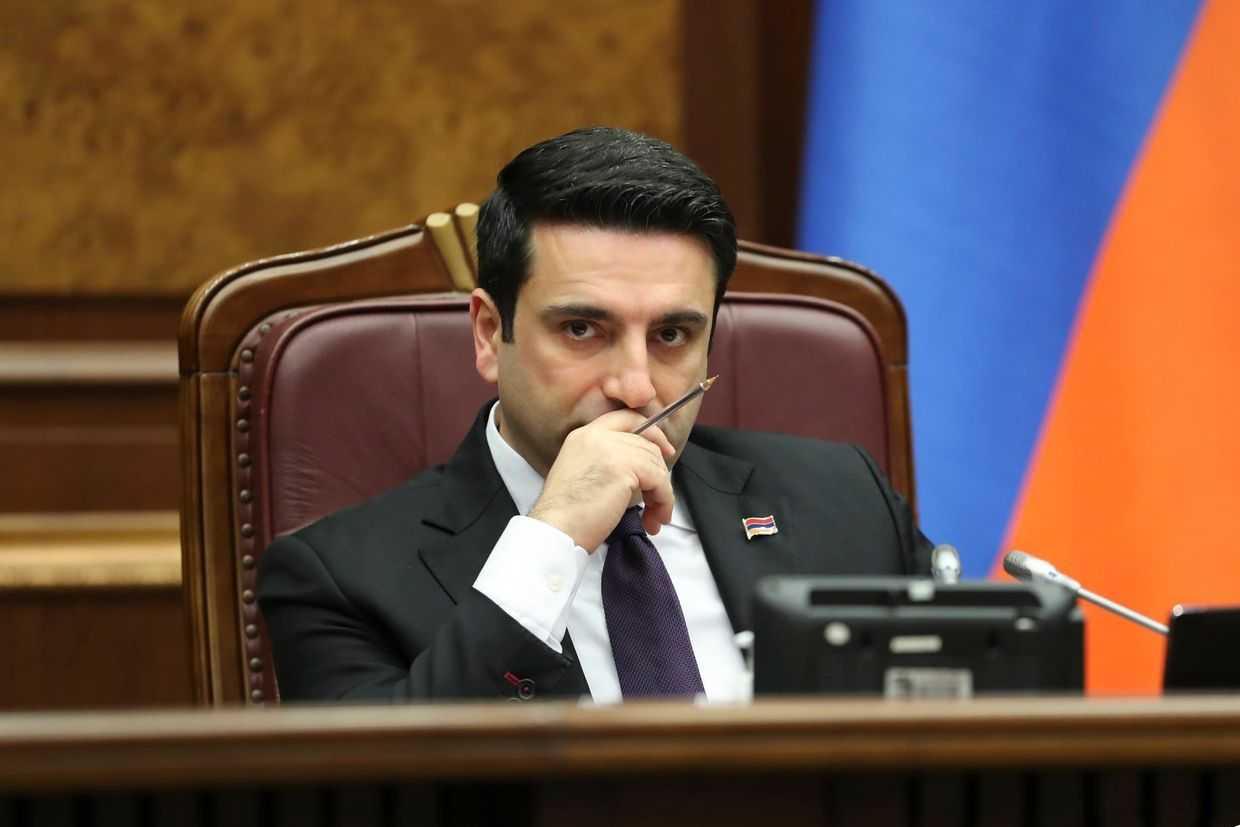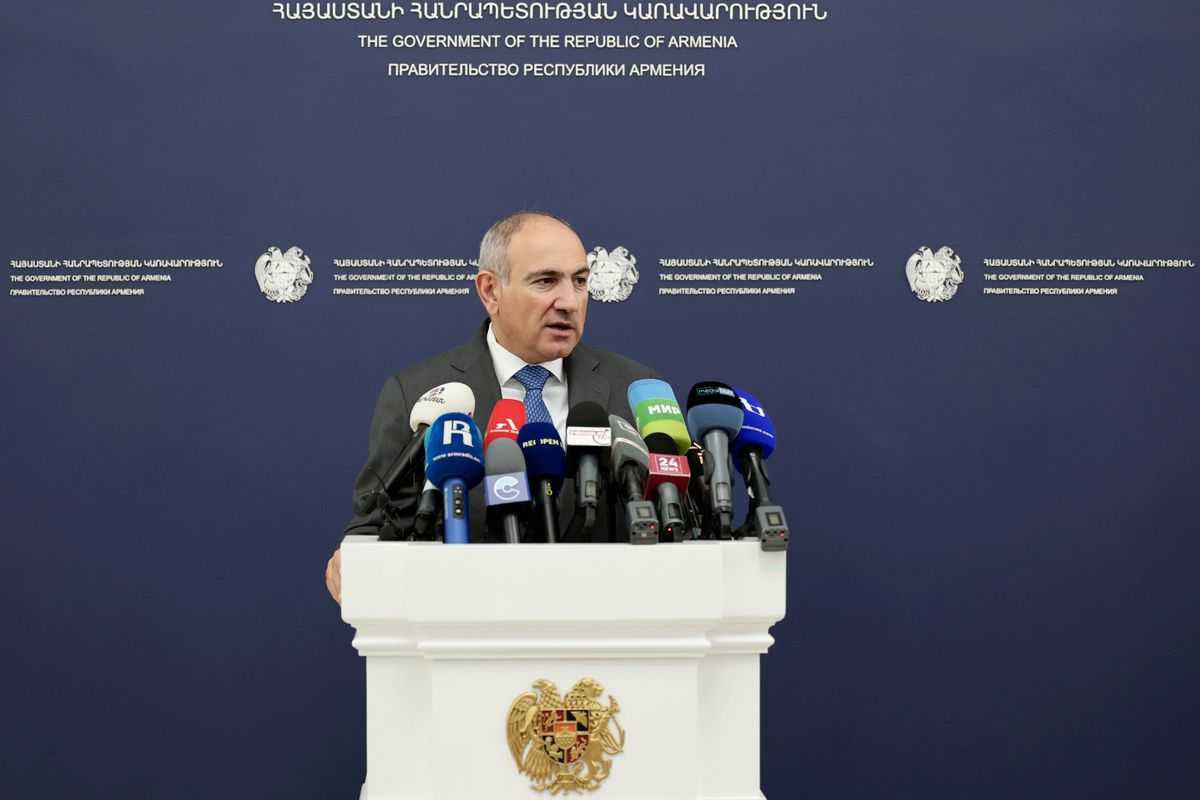
On Saturday fifteen Armenian prisoners of war were repatriated in apparent exchange for Armenia providing Azerbaijan a map of nearly 100,000 landmines. The exchange was facilitated with the mediation of Georgia, the United States, and the OSCE.
The Azerbaijan Foreign Ministry stated the maps showed the details of the location of landmines in a part of Azerbaijan’s Aghdam region formerly controlled by Armenian forces.
On 12 June, Azerbaijani President Ilham Aliyev stated that over the past seven months, over 27 Azerbaijanis have been killed and over 100 wounded as a result of mine explosions in Nagorno-Karabakh — the most recent accident took place earlier this month when an anti-tank mine killed two Azerbaijani journalists and a local official.
Azerbaijan had been demanding the landmine maps for months. Armenian officials, however, either avoided the issue or denied the existence of such maps. In an interview with Crisis Group, officials from Yerevan and Stepanakert (Khankandi) — the capital of Nagorno-Karabakh— said ‘they have no such maps’.
Earlier in April, the former spokesperson of the Armenian Foreign Ministry, Anna Naghdalyan called the question of landmine maps a ‘fake agenda’.
Armenian acting Prime Minister Nikol Pashinyan, however, not only confirmed Armenia had the maps of land mines, but stated that Armenia had already handed a number of landmine maps to Azerbaijan through Russian Foreign Minister Sergei Lavrov, and that this process stopped once Azerbaijan refused to free Armenian POWs — he also stressed that what took place on 12 June was not strictly a maps for prisoners exchange.
‘We did not exchange the maps for the captives, but we took a step for a step, and we are ready to take another step for another step’, Pashinyan said.
According to Azerbaijan’s Ministry of Foreign Affairs, the POWs ‘were handed over to Armenia on the Azerbaijani-Georgian border with the participation of Georgian representatives’.
International assistance
Azerbaijan stated it appreciates ‘the support of the Georgian government headed by the Prime Minister of Georgia Irakli Garibashvili’ and underlined the mediating role of the US Secretary of State Anthony Blinken, Acting Assistant Secretary of State for European and Eurasian Affairs Philip Reeker, President of the European Council Charles Michel and the Swedish Chairmanship of the OSCE.
At a campaign rally, Pashinyan stressed the role played by Assistant Secretary of State Phillip Reeker in the release of the POWs. saying that during a recent visit to Armenia, Reeker told Pashinyan that he was working to accomplish a breakthrough in the POW question.
US Secretary of State Anthony Blinken said he welcomed the return of the captives. ‘We’re grateful to the Government of Georgia for its vital role facilitating discussions between the sides’, Blinken said, adding that such steps ‘will bring the people of the region closer to the peaceful future they deserve’.
Since the end of the Second Nagorno-Karabakh war, which saw Russian peacekeepers stationed in Nagorno-Karabakh, it was the first major action implemented without the official participation of Russian officials.
On 30 September, three days after the Second Nagorno-Karabakh War began, then-Georgian Prime Minister Giorgi Gakharia offered to hold peace talks in Georgia. ‘Georgia is ready to support the [peace] process in any way possible, including hosting a meeting of the parties to the conflict in Tbilisi to hold a dialogue,’ Gakharia announced.
It appears that at the time neither side considered the offer.
Tornike Sharashenidze, professor of international relations at the Georgian Institute of Public Affairs (GIPA) told OC Media that when it came to the release of the POWs Georgia, in effect, played the role of a ‘US mediator’.
At present, 88 Armenian military and civilian captives have been repatriated.
The number of remaining Armenian POWs in Azerbaijan is disputed. According to Armenian officials, as of February, the Azerbaijani government held over 240 POWs and detainees. Prior to this latest exchange, Azerbaijani officials have stated they hold in captivity approximately 60 people, who they consider terrorism suspects.
Additional reporting by Tata Shoshiashvili, Shota Kincha, and Ismi Aghayev.
For ease of reading, we choose not to use qualifiers such as ‘de facto’, ‘unrecognised’, or ‘partially recognised’ when discussing institutions or political positions within Abkhazia, Nagorno-Karabakh, and South Ossetia. This does not imply a position on their status.








